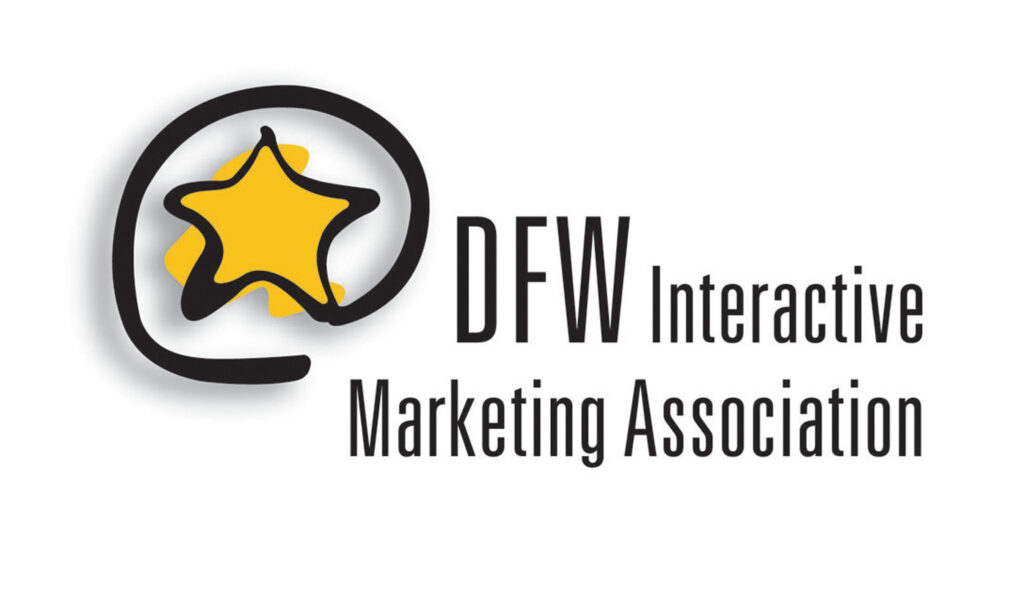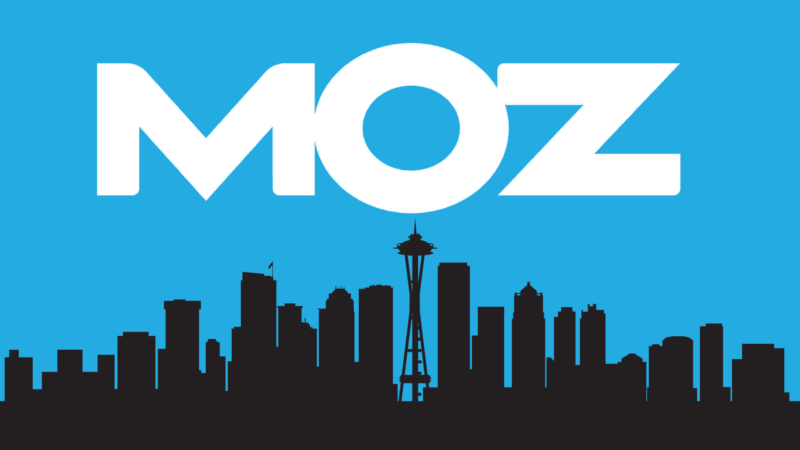I don’t know if marketers tell more lies to their clients … or themselves.
I think the disingenuousness of modern marketing stems from a need to justify what it is. People need stuff to live, you make money from selling this stuff, and marketing gets people to buy your stuff. As long as humans have the same basic psychology, needs, and desires, we’ll market products to them the same way we have for decades. Channels change, but marketing fundamentals do not.
So, why do thought leaders (Anybody can have thoughts, but few can be authorities or experts.) write books with pith like, “People don’t buy what you do; they buy why you do it!”? Well, first, because it earns them money to disguise well-known marketing precepts as something new, because they’re marketing themselves and their services. You bought what they did, the book, not why they did it – to make more money. And, second, because it earns them money, whereas espousing the fundamental bedrocks of marketing cannot be perceived as a shiny new secret to “hack” success instead of earning it. That’s how friends & family becomes a “tribe.” Again, until human nature changes, marketing principles shouldn’t.
Do you know what, “People don’t buy what you do, they buy why you do it!” ham-handedly rips-off? “You sell the sizzle, not the steak.” The difference is that the latter is partially true. The aroma and sound and visual appeal of grilling steak literally attracts humans through their senses. If it looks good, sounds good, and smells good – it’s probably going to taste good. So, the sizzle is marketing – promoting – the flavor of the steak. However, if it belies a bad taste or lacks any nutritional value, your steak won’t sell for long with all the promotion in the world.
Another similar platitude is, “People don’t buy a drill; they buy a hole.” Of course people buy drills, but not just to have the drill – they buy drills in order to make holes. You’re selling your product (what you do) to consumers, though, based on their why, not your why.
If people buy what you do or what you make, why does a branded gallon of milk sell for more money than the store-brand gallon of milk that came from the same cows and tanks? Is it because the milk brand just loves the universe and promotes peace through harmony with all bovines – because of their why? No, it’s because marketing gives that white liquid in that branded jug more perceived value.
If you’re awesome at this, you should definitely wear a player logo. Polo is a hard sport.
Perceived value is what makes a person spend three times as much on a Polo button down as a similar button down with no logo. Is this wrong? On one hand, logically, the only reason to spend more on a particular product is if it lasts longer, tastes better, has more of something, etc. If I buy four widgets for $.99 each at a dollar store, and the last one breaks a month later than a $4 widget from Home Depot, I’ve achieved a better real value.
On the other hand, if that Polo logo gives me more confidence when approaching a potential client – or potential date – then the perceived value may have a real effect … and value. It’s OK for companies to have a premium product, if they can prove the value to customers. Companies can achieve value in products or services many different ways – yes, even with cause marketing, where they affiliate the business with a cause or charity. But, even if it’s attached to your company’s why, it’s still not as important as what you do or make.
But, you say, people become very loyal to Patagonia and REI and Toms because of what they do with their profits. First of all, the charitable or non-profit support of most large companies or corporations is never a reason for their existence. In most instances, it’s just more marketing, and at best it’s an extension of the why, but can’t sustain a company long term.
It can create a pillow of virtue around a brand to help cushion small and large blows from any of a company’s failures. What’s the test of my assertion? If these brands began creating and selling lower-quality products, yet sold them for the same prices, would customers keep buying them because of why the company exists? No way. Frankly, customers would do more good by buying non-premium products and donating the difference straight to the Sierra Club or another charity – because corporate profits wouldn’t come out of that margin.
So, why do companies choose celebrity spokespeople or brand ambassadors? Kids (and adults) are buying Nike shoes because they love Lebron James, without a doubt. Nike loves Lebron, so the kids love Nikes. Loving successful athletes is why Nike makes shoes! Nah, Nike makes shoes to fill a need and make a profit so its employees can pay for food, shelter, and their own shoes.
What Nike does by having athletes endorse their products is called barnacle marketing. They’ve attached their brand to another successful brand – eg. Lebron James. If Lebron starts wearing Adidas, will kids keep buying the same Nike shoes that are no longer labeled “Lebrons”? Nope. So, they’re not buying why Nike makes shoes, they’re buying shoes because Lebron implies they should. If he goes away, that impetus goes away.
If you still don’t believe me, I want you to try something. The next time you’re talking to a prospective client or customer, tell them all about your passion for your business. Then, talk about Great Aunt Tillie and her journey from Eastern Europe to pursue her dream of owning a mule shoeing business. Also, discuss how that inspired you to make a difference in the world by crocheting full-body suits out of sloth hair and giving 0.00612% of the profits to a Peruvian snow monkey collective. Then, when they’re in awe of WHY YOU DO WHAT YOU DO™, tell them how much your product or service sucks. Tell them the sloth hair will give them a raging case of emphysema and the lumbago. Tell them your competitor’s service is better and cheaper – but he simply does good work, he DOES NOT HAVE A WHY!
See if they buy from you. Prove me wrong.
Now, I’m not so tone deaf as to believe that your why for your business doesn’t have an impact on your product or service. If you and your employees are enjoying yourselves and loving what you do, your customers will almost certainly notice and perceive your products or services to be better. However, if your 4Ps aren’t competitive, or don’t provide adequate value, your why isn’t going to sell your what for very long. WHY YOU DO WHAT YOU DO™ is for you and your staff. The outcome of that is for your customers.
I’ve seen too many clients struggling to find a brand proposition and marketing strategy based on bad marketing books. I’m tired of it. Sell the qualities of your product; how the product or service benefits the client; the full tummy and happy memories of a steak dinner with best friends. Sell holes, not a drill. Sell the products with good-looking celebrities. Use data to sell it to the people most likely to need or want it.
Whatever you do, sell it to your customers to answer their why … not your why.
Interested or Need Help Running a Quality Digital Marketing Program?
Fill out the form below, call us at 469-277-8150, or send us an email: info@wrightimc.com, for more information about running digital marketing campaigns with WrightIMC.





